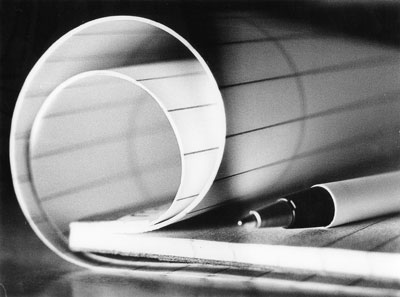All Nonfiction
- Bullying
- Books
- Academic
- Author Interviews
- Celebrity interviews
- College Articles
- College Essays
- Educator of the Year
- Heroes
- Interviews
- Memoir
- Personal Experience
- Sports
- Travel & Culture
All Opinions
- Bullying
- Current Events / Politics
- Discrimination
- Drugs / Alcohol / Smoking
- Entertainment / Celebrities
- Environment
- Love / Relationships
- Movies / Music / TV
- Pop Culture / Trends
- School / College
- Social Issues / Civics
- Spirituality / Religion
- Sports / Hobbies
All Hot Topics
- Bullying
- Community Service
- Environment
- Health
- Letters to the Editor
- Pride & Prejudice
- What Matters
- Back
Summer Guide
- Program Links
- Program Reviews
- Back
College Guide
- College Links
- College Reviews
- College Essays
- College Articles
- Back
The Upward Battle
I’m a dictator.
Ask any of the paper’s staff members about my tactics, and they’ll probably compare me to Mussolini himself.
O.K., I’m too critical.
I refused to ask for help. I thought I was the Superwoman of high school journalism. And to say the least, I wasn’t.
The newspaper adviser of 13 years left after my sophomore year. With his experience in journalism, he was able to advise the editors through tough budget problems, tell them how to handle power struggles, edit copy and bring new ideas to the table. He participated in regional workshops and was an active scholastic media leader in the state. He was a lively member of the staff. We were lucky.
I was the first editor in the paper’s history who would not have him to hold my hand, and I thought I could handle it. I would get more students involved in the paper. People would fight for coverage, and readers would make checking the Intermission website a daily activity. I swore I would be the editor who would change the reputation of the paper.
Well, sometimes your expectations don’t line up with reality.
I failed my paper in more ways than one during my junior year:
For one, we never felt united. The designers and photographers were in a completely different building than the writers and copy editors. Classes went on where none of the writers saw my face. I went in with the mentality that I was the “Almighty Editor-in-Chief” who the staff would automatically respect, fear, and obey. Instead, they treated me as a parent: agreeing to complete the task, but the moment I left the room, they went back to their naps. I had to hold my staff’s hand like they were in kindergarten.
Secondly, I never communicated with my adviser. With multiple e-mails sent before the school year even started, I came off too strong. I expected him to know everything about journalism. I expected him to have past experience in the field and to be as eager I was to get started. I quickly realized how optimistic I had been. I never took the time to show him the ropes. He was left behind, and to this day, he still thinks it was his fault. The apology note he wrote in my yearbook does not lie.
And lastly, I was awards-driven. My previous adviser always mentioned one editor who set the record for the most papers published in a year, who won the paper numerous awards at our state competitions, and who was an alternate for North Carolina High School Journalist of the Year. I wanted to be her, but I focused on the wrong things. My eyes were only on the prize, and I forgot about the steps to getting there.
Impatience, selfishness, and overconfidence are the characteristics of the dictator that once ruled over the Intermission newspaper. A new era of democracy has begun.
Now, I’m a democratic leader.

Similar Articles
JOIN THE DISCUSSION
This article has 0 comments.
